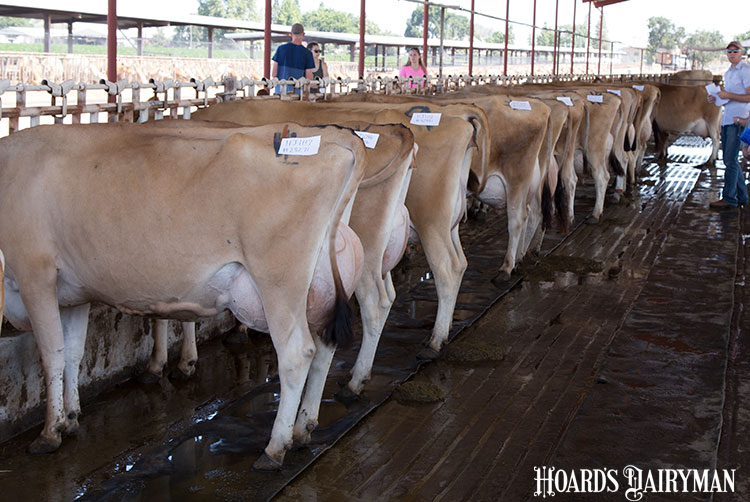
The University of Florida’s Peter Hansen argued at the recent Cornell Nutrition Conference that improvement in reproduction will be closely tied to immune function improvements in the coming years.
“I’d like to suggest the next major increase in fertility will come from enhancing dairy cow health,” he shared to introduce his presentation on immunity’s interaction with reproduction.
He followed that with a discussion of three main points tied to this concept of immunity and reproduction.
- Healthy cows are fertile cows.
- Sick cows are often sick because they have poor immune function.
- Improving immune function should improve fertility.
First and foremost, abundant amounts of research indicate that healthier cows have better reproductive health. He expanded on this thought sharing research that showed 84 percent of healthy cows cycled by Day 60 while that number was 80 percent for cows exhibiting one postpartum disease and only 71 percent if cows exhibited more than one disease.
When it came to pregnancy rates, healthy cows notched a 51 percent pregnancy rate while cows with one disease had 43 percent pregnancy rate, and those with more than one disease dropped to 35 percent pregnancy rate.
To that end, Hansen explained cows that get sick often do so because they are unable to ward off bacteria. “Every cow has bacteria,” he said. However, cows that do a better job of warding off those bacteria are animals that also have higher breeding values for health traits and reproductive traits.
So, can farms improve immunity to improve fertility?
In general, yes. However, Hansen said research still has much to discover related to mode of delivery and timing.







